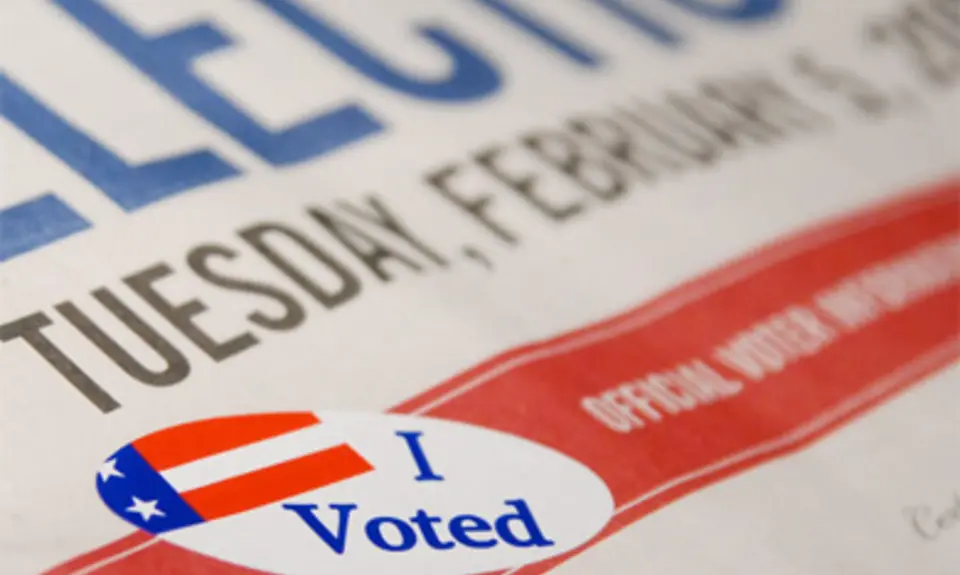The past week held both good news and bad news for voting rights, depending on your part of the country. On Friday in Ohio, an appeals court declined to put on hold a ruling that expands early voting in the state, a win for those of us who believe that voting should be fair and accessible for all people. But on the same day, an appeals court gave the okay to Wisconsin’s voter ID law — a law that had been blocked months ago by a federal judge who noted that it disproportionately affects Latino and black communities.
Commentators have noted that instating the new voter ID law in Wisconsin so close to an election could cause real confusion for voters, and advocates are asking for a re-hearing. As election law expert Rick Hasen said, “It is hard enough to administer an election with set rules — much less to change the rules midstream.”
Beyond the practical implications for voters, it’s also important to connect the dots back to how these decisions happened and who was making them. As The Nation’s Ari Berman wrote on Friday night:
[A] panel of Democrat-appointed judges on the Sixth Circuit upheld a preliminary injunction from a Democrat-appointed district court judge striking down Ohio’s cuts to early voting. Two hours earlier, however, a trio of Republican-appointed judges on the Seventh Circuit overturned an injunction from a Democratic judge blocking Wisconsin’s voter ID law.
This is why elections matter. And the courts are increasingly becoming the arbiters of who does and does not get to participate in them. [emphasis added]
